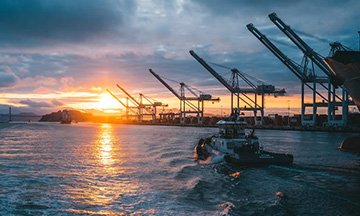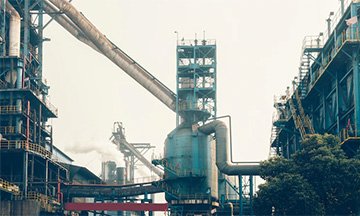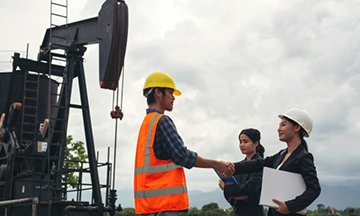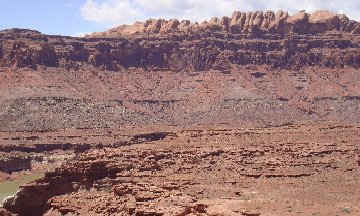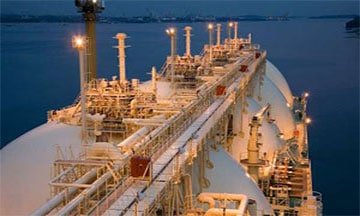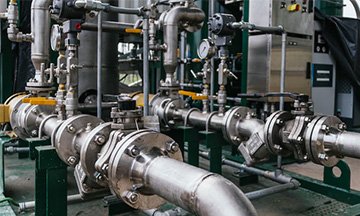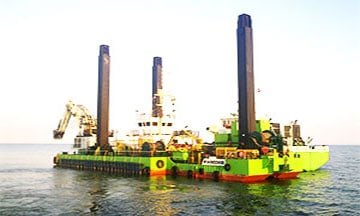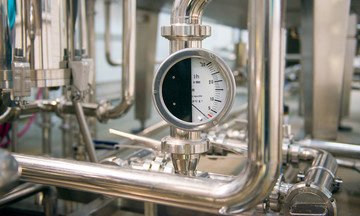Loading Master for Oil, Gas and Petrochemicals
Course Overview
What do you mean by petrochemicals?
Loading oil, gas, and petroleum loading are essential for the survival of the petroleum industry. With the growing energy demands, the transportation demand for fuel is also increasing which gives room to new players in the market and a boost to current players.
Oil and gas are hazardous and risky to work with. Hence, the personnel’s transporting these petrochemicals must be highly trained and skilled to work in such an environment and eliminate any chance of disaster. Owing to these abysmal working conditions only certified persons who are trained for this transportation are allowed to carry out this task. there are strict regulations, protocols, and legislation to carry out the transportation of oil and gas.
What is a loading master?
The Zoe training course will provide you with the most advanced knowledge and expertise to master the science of loading master for oil, gas, and petrochemicals. The training with practical case studies and the latest theoretical information will empower you to take responsible and senior positions at a government and multinational organization with huge potential for growth within the organizations. It will enhance prospects for better opportunities outside your current organisation as well.
Course Objectives
The key objective of this program is to equip professionals with —
- Advanced technical loading mastering operations
- Ship to the facility and terminal operations
- Proper knowledge of safety guidelines and safety protocols including international norms and security procedures
- Current technological advancement and methodology that are getting popular and are used widely
- In-depth knowledge of procedures involved in loading
- Brief knowledge of complex processes involved in the process of mooring
- Ability to train staff and professionals in the field of loading cargo
- Loading and discharge procedures
- Metering parameters, quality assurance, calculations
- Expertise in risk management and assessment
- Adaptation of code of ethics & effects of exploration on marine life
Training Methodology
The training courses at Zoe Talent Solutions are updated according to the academic and professional background of the audience for each batch respectively. The contents of the course are reviewed thoroughly before each session.
On top of that, there are certain updates to the course in the pipeline to keep it up to date. a professional from the relevant field with years of experience in practical knowledge conducts the training session using detailed audio and video presentations to ease the learning process. the trainees are continuously engaged in group activities and individual and group projects to give them on hand knowledge. Furthermore, case studies and real-life scenarios are given to trainees to improve their analytical abilities and practical knowledge.
Organisational Benefits
By professionals undertaking this Loading Master Certification course, their respective organizations will derive the following benefits:
- Acquiring professionals with an understanding of loading of petrochemical
- Proper knowledge of International Law and National law to operate abroad and on international territory
- Give advanced knowledge of safety protocols and safety regulations that need to be followed
- Give expertise to workers working in loading companies to they work efficiently and safely
- Regular training of employees on best practices and advancements in loading course
Personal Benefits
Professionals undertaking this Loading Master Certification training course by Zoe, will derive the following benefits:
- In-depth understanding and knowledge of all critical aspects of oil, gas, and petrochemicals loading
- Enhanced analytical skills and knowledge to effectively and accurately abide by all safety regulations
- Increased confidence and skillset to train other professionals on best practices and concepts related to petrochemicals loading.
- Better ability and understanding to enhance or change processes and systems to increase organizational growth and development
- Increased understanding and knowledge of advanced techniques and concepts related to managing natural resources transportation, enabling one to assume higher responsibilities in a petroleum transport organization, thereby increasing avenues for career growth and progression
- Better understanding and analytical as well as strategic skills to work with different hazardous chemicals
- Develop the ability to choose appropriate safety techniques and protocols to safely transport
- Better risk and threat assessment to avoid any disaster or hazard on site
- Increased skill set and capabilities to actively take part in safety drills and disaster management
Who Should Attend?
- Young petroleum loaders who want to master their business
- Professional working in oil and gas industry
- Site engineers and technocrats of government energy department or oil and gas development or transportation organization
- Any other professional with a background of working with chemicals or interested in knowing more about oil and gas loading
Course Outline
The course covers the following areas important to understanding energy economics:
Module 1: Safety guideline
- (ISGOTT) – Understanding the terms and conditions
- Recommended safety protocols
- Oil Companies International Marine Forum
- Marine Terminal Competence and Online Training Guide
- Shipping
- Import and export
- Cost and value parameters
- Stakeholders
- Future prospects of the LNG industry
Module 2: Understanding of Maritime Technicalities
- Vessel and Barge equipment
- Requirements of Loading and Discharge
- Understanding of stripping and ballasting
- Pump and lines
- Quality and Quantity
- Cleaning of tanks
- Crude oil washing
- Homogeneity and stratification
Module 3: Safety standards of mooring and Ship shore
- Technical details of equipment
- Location of equipment
- Alternate options in unfavourable conditions
- Mooring procedure
- Authentication of Mooring
- Surveillance of loading
Module 4: Documentation of cargo
- Bill of lading
- Calculations of LPG, petroleum, and crude oil products
- Ability to verify the quantity of cargo
- Correction of data
- Trading terms
- Factual statements
- Understanding demurrage
- General conditions of storage
Module 5: Safety of Ship Shore
- Better methods for handling, loading, and discharging bulk liquids
- Arrival preparations
- Arms loading
- Tug assistance
- Mobile positioning
- Dealing with Tug assistance and without it
- Terminal design fingerprint and facial recognition
Module 6: Operational Management
- Available advancements in transfer system architectures
- Ship-Ship, Ship-shore, Ship-Platform
- Tandem configures
- Tools for prediction
- Ontime effective operations
- Connected ship transfers
- Meteorological ocean status
Module 7: Typical management
- Risk Management
- Organizational skills
- Leadership potential
- Terminal inspection
- Operator staff motivation
- Cooperation with officers
- Following Protocols
- How systems work
Module 8: Tanks evaluation
- Inspection of cargo
- Dimensions of Vessels and barge
- Fixed and floating roof tanks
- Vortex flow measurement, design, performance, and process
- Differential Flow measurement and mechanism
- Ultrasonic flow mechanism, design, and measurement
- Calibration and calculation
- Principles of safe transfer
Module 9: Contingency plan
- Contingency equipment
- Things to do in an emergency
- Things to avoid in emergency
- General guidelines in case of emergency
- Oil spillage
- Fire damage
- Poor weather
- Mooring failure
- LNG leakage
- Industrial incidents happened recently
- Media involvement
